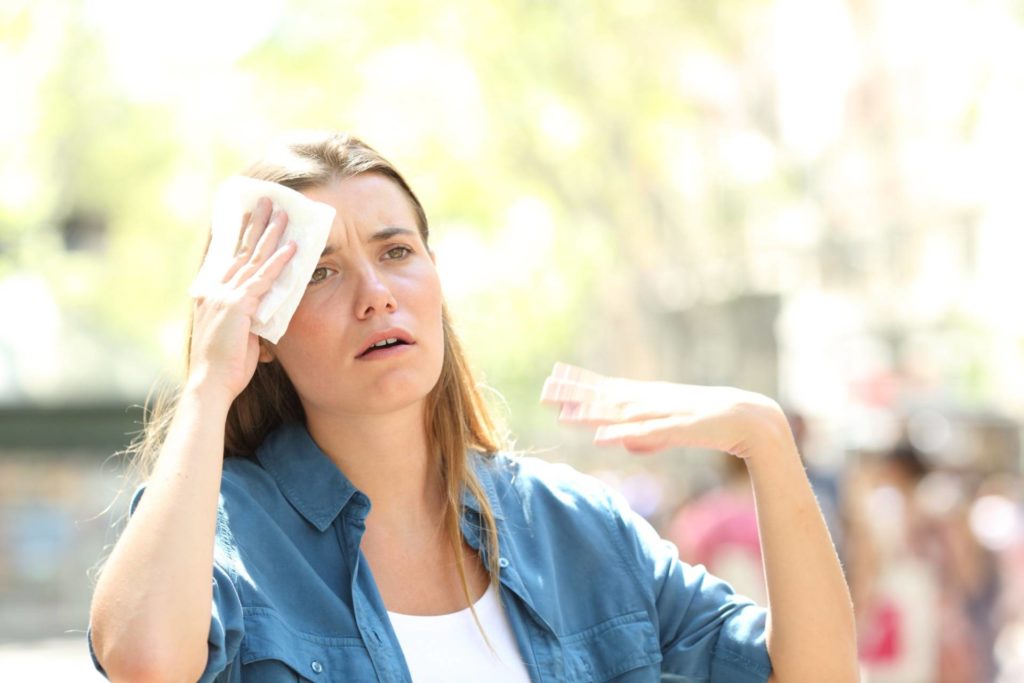7 Tips For Avoiding A Heat-Related Emergency This Summer

As we’ve noticed over the last few days, summers in Wisconsin can get hot and humid in a hurry. If you’re working outdoors or overseeing soccer practice on a particularly hot day, it doesn’t take much for a heat-related illness to develop.
Our team responds to numerous cases of heat exhaustion and heat stroke each summer, and we thought it would be wise to share some simple tips so you can stay safe during the next heat wave. In today’s blog, we share seven tips for avoiding a heat-related emergency during the summertime.
How To Prevent A Heat-Related Emergency
If you can keep these tips in mind during the warm Wisconsin summer, we’re confident that you’ll be able to reduce your risk of a heat-related emergency.
1. Stay Hydrated – It may sound obvious, but staying hydrated is crucial for helping to avoid heat stoke or heat exhaustion this summer. Being hydrated helps your body regulate its core temperature. Drink plenty of water before you head outside and always keep a water bottle close if you’ll be outside for an extended period.
2. Know The Signs – It’s also important to know some of the signs of heat exhaustion or heat stroke. Some of the most common indicators that an individual is suffering from heat illness include:
- Dizziness
- Lightheadedness
- Excessive sweating
- Muscle cramps
- Nausea
- Fainting
- Racing pulse
If you notice any of these signs, move the individual to a cooler location, get them some water and monitor their alertness until they improve or emergency services needs to be called.
3. Dress For The Weather – If you know it’s going to be hot, make sure you wear light, breathable clothes and consider a sunhat to help keep your face out of direct sunlight.
4. Manage Your Weight – Overweight and obese individuals have a harder time regulating their body temperature due to the excess weight, so be mindful of how your weight impacts your heat-illness risk this summer.
5. Avoid the Hottest Part Of The Day – If possible, try to avoid being outside during the hottest part of the day. In Wisconsin, that tends to be between 2 p.m. and 5 p.m., but check the forecast to help plan your day. If you want to get outside and exercise, do it early in the morning or later in the evening to avoid the hottest time of day.
6. Use The Buddy System – If you’re going to be outside for an extended period, bring a friend along! You don’t want to be alone when heat exhaustion sets in, so you can be mindful of each other’s condition as you get yard work or errands done this summer.
7. Know What Increases Your Risk – Finally, it’s helpful to know how certain health conditions or lifestyle choices can put you at a heightened risk for heat illness. For example, smoking, drinking alcohol and taking certain medications can all increase your risk of heat exhaustion, as can underlying health conditions like diabetes, hypertension or cardiovascular disease.
We hope you can stay cool this summer, but if you or someone nearby starts dealing with a heat-related emergency, don’t hesitate to contact emergency services. For more information or for help with a heat related issue, give the team at Gold Cross Ambulance Services a call today at (920) 727-3020.
Leave a Reply